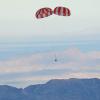Search Results
Showing results 1 to 20 of 35

Physics Tug of War
Learners set up books with rubber bands stretched between the books. When two identical books are stretched apart and released, they move back toward each other an equal distance.
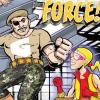
Watch It Fly
Source Institutions
Learners observe projectile motion by launching wooden balls off of a table top. They set up a rubber-band launcher so that each ball experiences a consistent amount of force.
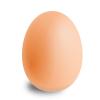
Don't Crack Humpty
Source Institutions
Groups of learners are provided with a generic car base and an egg. Their mission: design a device/enclosure to protect the egg on or in the car as it rolls down a ramp with increasing slopes.

Heavyweight Champion: Jupiter
Source Institutions
In this activity, learners confront their perceptions of gravity in the solar system.

Dunking the Planets
Source Institutions
In this demonstration, learners compare the relative sizes and masses of scale models of the planets as represented by fruits and other foods.
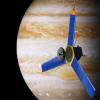
The Pull of the Planets
Source Institutions
In this activity, learners model the gravitational fields of planets on a flexible surface.
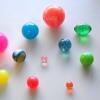
Space Stations: Follow the Bouncing Ball!
Source Institutions
In this activity, learners predict whether a ball on Earth or a ball on the Moon bounces higher when dropped and why.
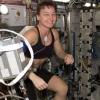
Space Stations: Beans in Space
Source Institutions
In this activity, learners perform 20 arm curls with cans that simulate the weight of beans on Earth versus the weights of the same number of beans on the Moon and in space.
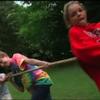
Tug-of-War
Source Institutions
This activity (on page 2 of the PDF under SciGirls Activity: Tug O' War) is a full inquiry investigation into tug-of-war physics. Groups of learners will test two tug-of-war strategies.

Pea Brain!: Explorations in Estimation
Source Institutions
In this activity, learners use two different techniques to estimate how many little things fit into one bigger thing.
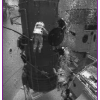
Weighty Questions
Source Institutions
In this activity about humans and space travel (page 1 of PDF), learners compare and contrast the behavior of a water-filled plastic bag, both outside and inside of a container of water.
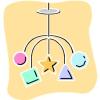
Make a Mobile!
Source Institutions
In this activity, learners make mobiles to explore the concepts of balance, counterbalance, weight, and counterweight.

Super Soaker
Source Institutions
In this activity (page 1 of the PDF under SciGirls Activity: Bogs), learners will test cups full of potting soil, sand, and sphagnum moss to see which earth material is able to soak up the most water.
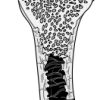
Round, Light and Hollow
Source Institutions
In this activity about bones (page 12 of PDF), learners investigate and compare the weight-bearing capacity of solid and hollow cylinders.
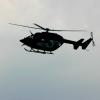
Round & Round
Source Institutions
In this activity, learners make and test fly paper helicopters. Learners use templates to create paper helicopters and then take take turns flying them in the air.
Build a Borneo Glider
Source Institutions
In this inquiry-based activity, learners investigate the basic forces of flight as they construct their own paper glider that represents a rainforest creature from Borneo (large, tropical island in So
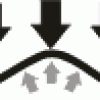
A Pressing Engagement
Source Institutions
In this quick and easy activity and/or demonstration, learners illustrate the effect of the weight of air over our heads.
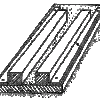
Clay Beams and Columns
Source Institutions
In this activity, learners make or use pre-made clay beams to scale and proportion. Specifically, they discover that when you scale up proportionally (i.e.
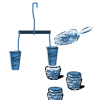
A Question of Balance
Source Institutions
In this activity, learners explore how engineers use scales and measures when designing a manufacturing process to ensure that final products are uniform in weight or count.

